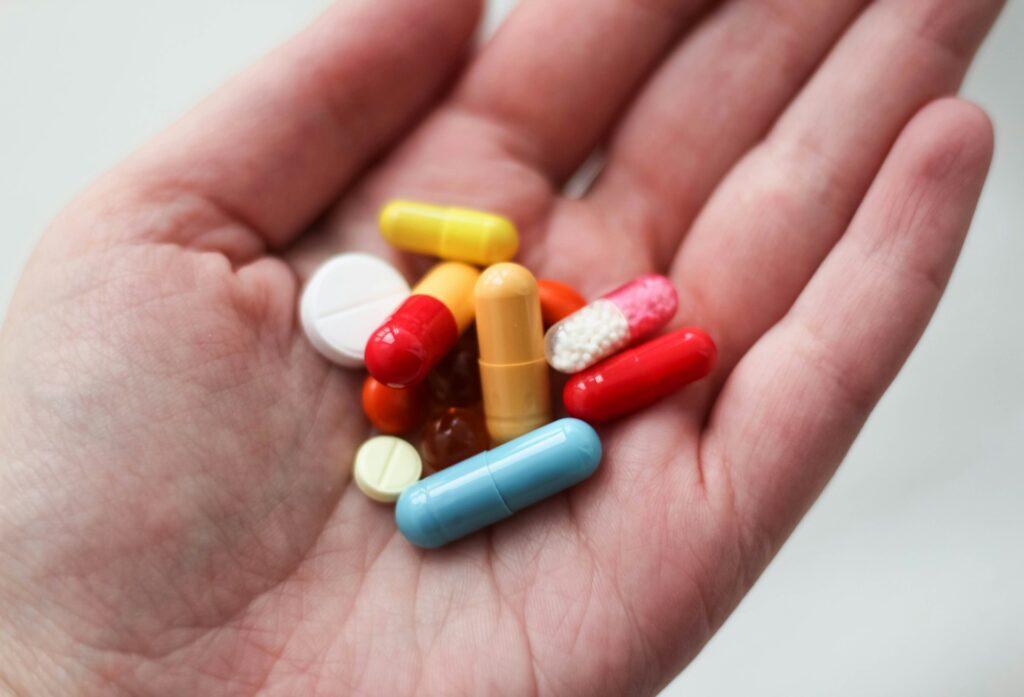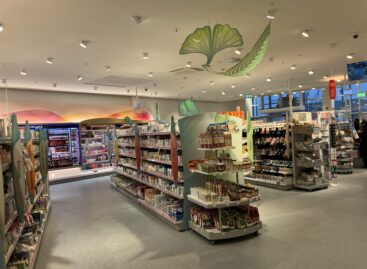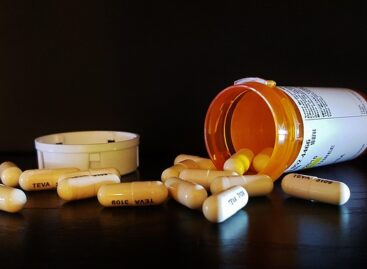Trump tariffs will also affect the pharmaceutical industry
Donald Trump’s new tariff plan aims to curb drug imports and revive American manufacturing – but experts say the price could be drug shortages and skyrocketing prices – the article by Pénzcentrum points out.
 Donald Trump’s latest economic announcement has once again made waves: the former president and current presidential candidate said on Tuesday that “significant tariffs” will soon be imposed on drug imports. The goal – at least according to the official justification – is for the United States to be able to supply itself with essential medicines again. However, experts say that the announcement poses more risk than solution.
Donald Trump’s latest economic announcement has once again made waves: the former president and current presidential candidate said on Tuesday that “significant tariffs” will soon be imposed on drug imports. The goal – at least according to the official justification – is for the United States to be able to supply itself with essential medicines again. However, experts say that the announcement poses more risk than solution.
Is restoring manufacturing a good goal – but with the wrong means?
“It’s a huge problem that we can’t produce enough antibiotics anymore,” Trump said at the National Republican Congressional Committee dinner. The statement is not unfounded: at the end of 2024, there were 40 active antibiotic shortages recorded in the USA. Amoxicillin and Bicillin, for example, are essential medicines and have been in short supply for months.
The former president did not specify the amount of the planned tariffs or when they would be imposed. The intention is clear: to force manufacturers to produce domestically. Medicines have been exempted from similar trade measures so far – during Trump’s first presidency and as recently as early April.
Generic drugs: penny products, fragile system
The impact of the tariffs will primarily affect generic drugs, which account for 90% of the drugs sold in the United States. They are often made from active ingredients produced in India or China and are typically sold at very low prices – “pennies per dose.” According to Tom Kraus, vice president of the American Society of Health-System Pharmacists, any increase in costs could take away profits, so many companies could simply exit the market.
“This could be the point where they stop making them,” warned Erin Fox, an expert on drug shortages. Around 40% of generic drugs are currently produced by just one or two manufacturers, so even a single exit could cause serious supply problems.
Related news
AstraZeneca increases quarterly profit
🎧 Hallgasd a cikket: Lejátszás Szünet Folytatás Leállítás Nyelv: Auto…
Read more >Richter and Fuji further strengthen their strategic cooperation
🎧 Hallgasd a cikket: Lejátszás Szünet Folytatás Leállítás Nyelv: Auto…
Read more >Related news
Retail sales of organic products in Hungary increased by 13.9% – our country is the second fastest growing market in the European Union
🎧 Hallgasd a cikket: Lejátszás Szünet Folytatás Leállítás Nyelv: Auto…
Read more >








